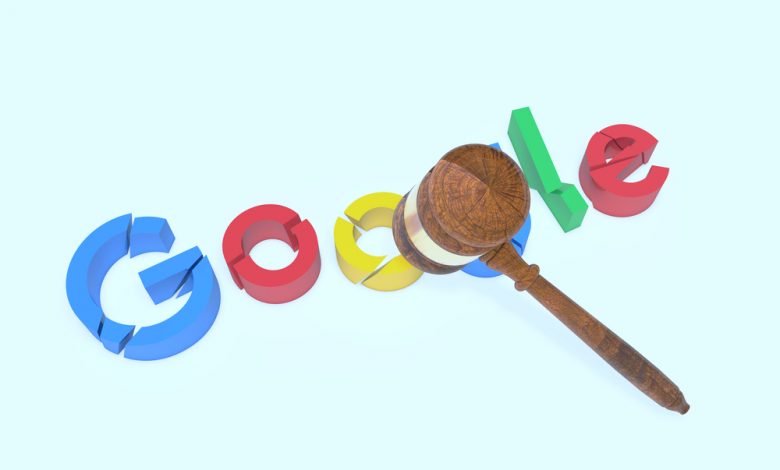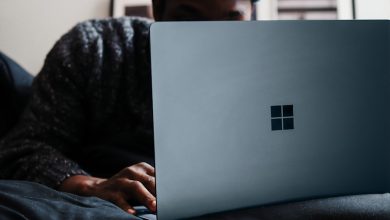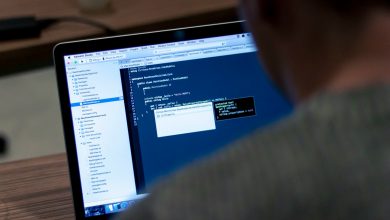
Shortly before Congress took on the Big Tech giants in an Antitrust subcommittee hearing, the Supreme Court set an October hearing date that may prove disastrous for Google and its seeming penchant for intellectual property theft.
Oracle is suing Google for copyright infringement concerning computer coding. The Supreme Court's ruling may finally lay to rest a legal battle that has raged since 2010. Google claims its use of this coding is protected under the fair use copyright doctrine, which allows for the use of others’ materials in isolated circumstances. However, it shouldn't be too hard for the Court to see that Google's practices don't fall under the proper confines of fair use.
Let's take a short trip back to 2010 to see what Google did in the first place. Instead of obtaining a license from Oracle for their software, Google decided to copy Oracle's widely-available Java API software. API stands for application programming interfaces and is defined as a "set of core libraries that facilitate applications' development… by providing basic system or language functionalities." APIs give developers ready-to-use functions to avoid repeatedly coding existing features and make programs more compatible with different platforms. They're a crucial tool for software development and are essential for interoperability.
Google tried to get a license for the Java software, but the negotiations didn't turn out the tech giant wanted. So Google decided to just copy the software for its Android platform. It's been found that 11,500 lines of creative declaring code, the identifier that contains the name of each function, generally replicated the overall structure, sequence, and organization from 37 Java API packages to develop Android software. That's an awful lot of copying for one program.
Oracle took the reasonable step of suing Google in 2010, and it's been a see-saw legal battle ever since.
Courts have previously established that software can be copyrighted as literary works. The courts have also recognized the copyrightability of original source code and object code, and extended protections to non-literal elements of computer programs (sequences, structure, organization, user interface, etc.) provided they passed the abstraction-filtration-comparison test. The test distinguishes the process from expression in software.
Google's fair use defense doesn't hold up to scrutiny. Section 107 of the Copyright Act allows for fair use of products for "transformative" purposes--criticism, comment, news reporting, teaching, scholarship, and research. The law strictly prohibits the copying of another product if it is for a commercial nature.
Google didn't copy Oracle's software to teach about it or report on it--they did it for commercial purposes.
Google also cites the "merger doctrine" to defend its practices. This doctrine refers to an idea that "can only be expressed in a limited number of ways," and thus, the means of expression "cannot be protected, lest one author owns the idea itself." But that doesn't necessarily apply to Google's case.
Apple successfully programmed IOS, the other most popular mobile phone platform in the world, without copying Oracle's property. So did many other mobile phone developers. Google's argument fails to hold up when considering others in the industry.
The Federal Circuit Court previously rejected Google's argument and ruled it was unlicensed commercial use of copyrighted content. The Court found Googled copied Oracle's property without any degree of transformation. The Court also found Google's activity caused "a substantially adverse impact on the potential market for the original." It was also determined that Google was aware that Java API was not open source, which further protects it from copyright infringement.
The Department of Justice and the U.S. Solicitor General also side with Oracle's complaint. "If [Google's] approach were sound, a developer could steal half of another developer's program and finish it herself, so long as the stolen half did not function on its own," the DoJ says in its amicus brief for the case.
In May, the Copyright Office ruled that a computer program could determine fair use in legal disputes. A computer would likely rule in favor of Oracle owing to the vast amounts of software Google copied for Android. Still, it's not wise to let a computer handle this complicated matter. It's better to let the nine brilliant Justices on the Supreme Court review this matter and decide what it is right.
Fair use should protect the individual from the greed of powerful corporations, not the other way around. It's well past time for Google to face the music.





Leave a Reply
Thank you for your response.
Please verify that you are not a robot.